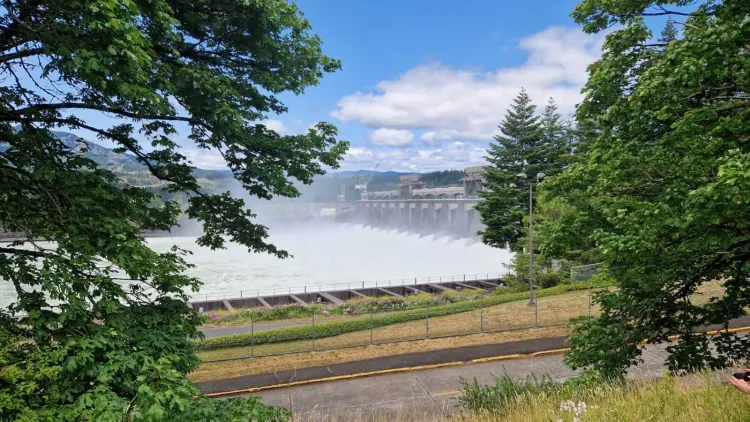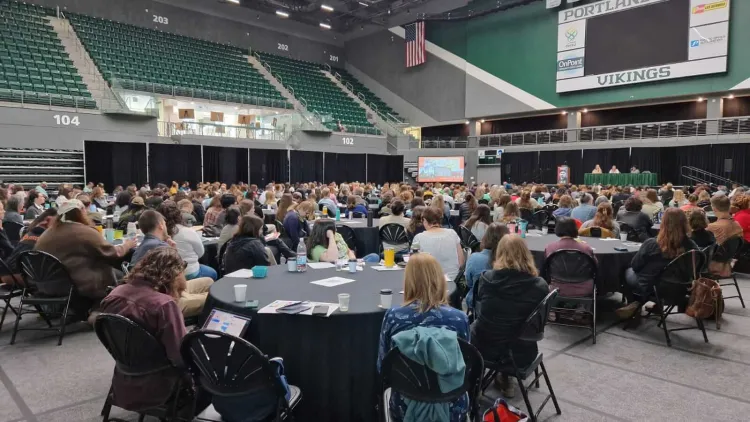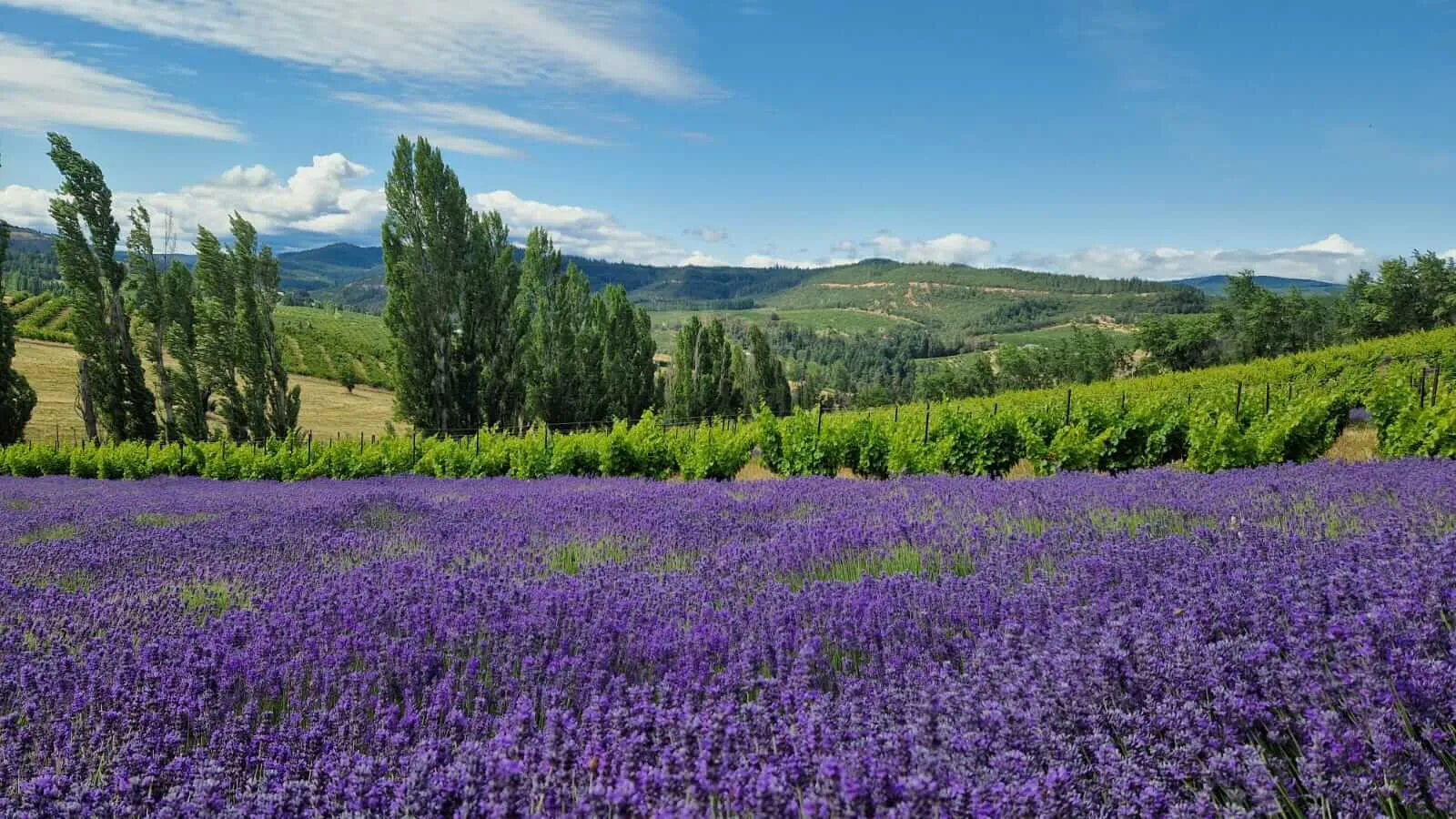Reflections on “Resistance and Resilience: Cross-Pollinating Food Movements”
Hosted by the Institute for Social and Economic Development Solutions (ISED) and sponsored by Third Sector New England, the event brought together over 650 food systems leaders, farmers, academics, and advocates to address urgent environmental, economic, and health challenges—especially critical in today’s political climate.
Pre-conference field trips offered a grounding experience. Karen Nordstrom and I joined “Fisheries and Local Food in the Columbia River Gorge,” led by Aliza McHugh and Buck Jones of the Confederated Tribes of the Umatilla Indian Reservation (CTUIR). At Cascade Locks, we shared a salmon lunch prepared by CTUIR fishers Terrie and Kim Brigham and heard from elders Danny Martinez (Confederated Warm Springs) and Bill Yallup (Yakama Nation) about their work to restore the Columbia River ecosystem.
We also visited the Bonneville Dam Superfund Cleanup site and learned about Columbia Riverkeeper’s restoration efforts. These conversations underscored the resilience of Pacific Northwest Tribal communities in pursuing food sovereignty and ecological justice, even amid setbacks like the recent cancellation of landmark tribal agreements. The experience was a powerful reminder of Indigenous struggles for sovereignty and respectful relationships with land, water, and all beings.

That evening, we attended a roller derby match by the Rose City Rollers—an energizing, community-centered event that set a joyful tone for the days ahead.
The conference opened with a powerful panel featuring Malik Yakini (Detroit Black Community Food Sovereignty Network) and Rosalinda Guillen (Community to Community Development). Their political analysis and strategies for resistance and resilience framed the conference’s purpose and urgency.
Breakout sessions explored justice-informed land ownership, youth leadership, the right to food, climate resilience in Oregon, and USDA-NIFA Community Food Projects. The day ended with a vibrant reception at Ecotrust’s The REDD East, featuring food from the BIPOC women-led Sisterhood Kitchen Collective, music by LAFLOR, a drag performance by Quesa D’Mondays, and creative activities like food systems bingo and distillery tastings. Despite the weighty topics, the evening was filled with joy and connection—vital elements of a strong grassroots movement.
Day two included more breakout sessions and lightning talks, followed by strategy sessions organized by work area (e.g., land stewardship, policy advocacy, food access). Participants discussed organizing strategies and shared insights in a closing plenary, where we were encouraged to commit to concrete follow-up actions.
The final keynote, “Seeds of Resilience: The Cultural Dimension of Plant Biodiversity in Indigenous North America,” was delivered by Mohawk farmer and seed keeper Rowen White. She shared stories from the Indigenous Seedkeepers Network and her home community of Akwesasne, offering a vision of intercultural climate sanity rooted in regenerative land stewardship.
“Resistance and Resilience” tackled some of the most pressing issues of our time, supporting a vibrant community of changemakers while centering care, connection, and celebration.

